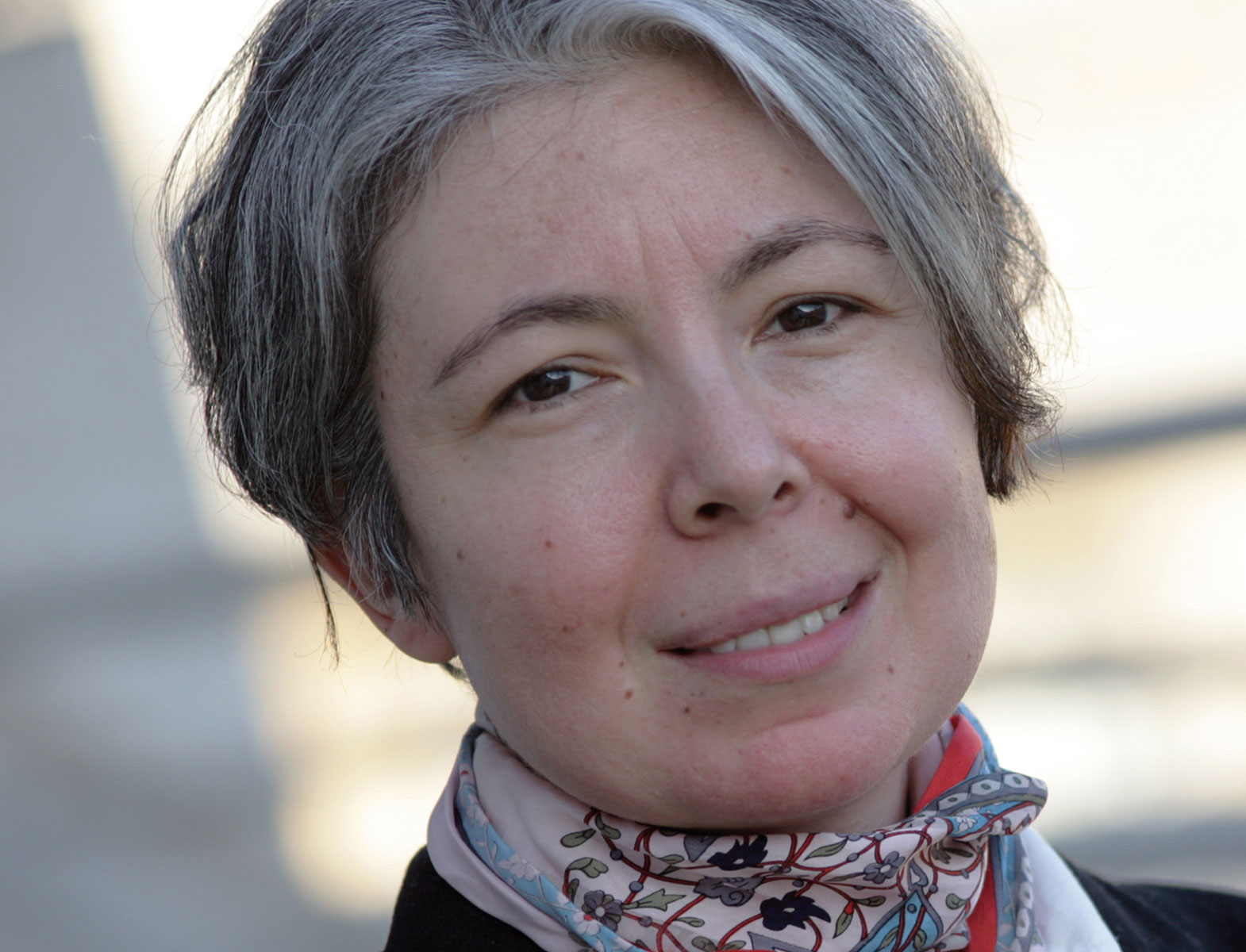With Yeşil Çember, you have created an intercultural and ecological network for promoting environmental issues and sustainable lifestyles in Turkish culture. How important is intercultural and societal cooperation in protecting climate and nature?
Taking action on the climate is the responsibility of society as a whole because it affects everyone – regardless of the language they speak. We all have a duty to protect the climate and nature and everyone can make a contribution. Every German environmental group and organization should be addressing migrant groups as a matter of course and seeking to work closely with them. That is the only way we can successfully tackle the major challenge of climate change.
Yeşil Çember’s approach is very simple: rethinking familiar themes and applying them to intercultural partnerships. This includes things like climate-friendly iftar (breaking fast), trash-free picnics and planting actions. These encounters between German organizations and migrant communities create trust and build bridges to inspire future activities. In order to foster a culturally sensitive approach, Yeşil Çember offers intercultural consultations and advice.
Looking forward, what should political, social and scientific organizations be doing to guide educationally disadvantaged people toward a sustainable, climate-friendly lifestyle?
In theory, we can mobilize everyone in society to participate in climate action – if we listen to their concerns, take into account their situation and show them how they are affected. On the one hand, this requires accessible, culturally sensitive and participatory offerings, and on the other hand, it is essential that we have a political framework that puts us on a clear and uncompromising course for a carbon-neutral society.
What success stories from your many years of work show how everyone can contribute in their everyday lives to conserving resources and leading an ecologically sustainable life?
We have been training environmental ambassadors for years, who pass on their knowledge and experience to their friends and acquaintances. We get a lot of positive feedback. For example, many of them say: “Why has no one told us before that our consumer behavior has such dire consequences?” Many people are willing in their hearts to do something good for the future of their children. But some do not know exactly what that looks like in practice. After our culturally sensitive and accessible environmental training, they change their electricity provider and bank, buy unpackaged and regional produce, eat less meat, look out for sustainability seals and question supply chains. They then proudly tell their friends and loved ones about their new lifestyle and the green transformation spreads…
The interview took place in August 2021.
Picture: Mehmet Werner


